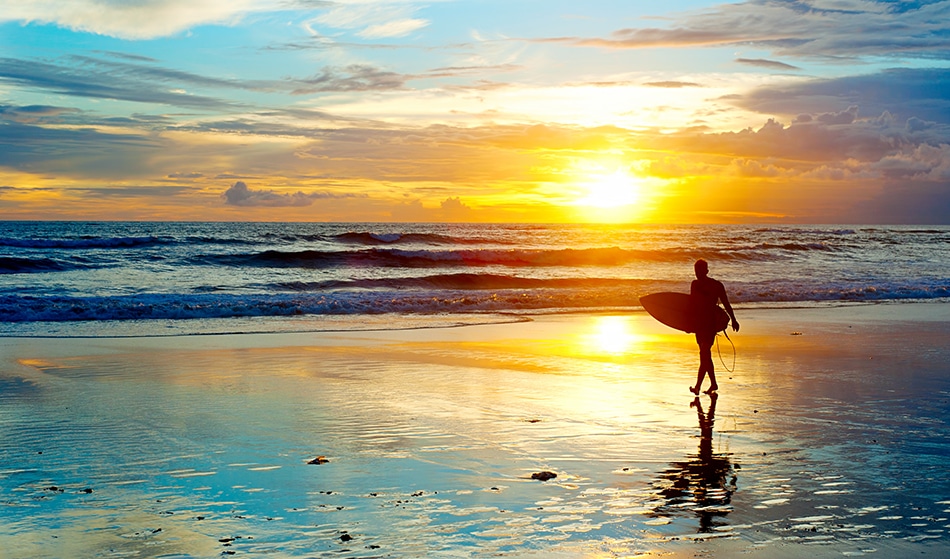Apr 24 2018
The Surfrider Foundation, a leading nonprofit organization committed to the protection and enjoyment of ocean, beaches, and waves recently published its annual Clean Water Report that details how volunteers are taking continuous action all through the year to protect public health and clean water.
 Image credit: joyfull/shutterstock
Image credit: joyfull/shutterstock
The two clean water programs of Surfrider - Blue Water Task Force and Ocean Friendly Gardens, are conducted in local communities throughout the country to provide solutions to water pollution and safeguard waterways for the future.
The public can learn where it's safe to swim, surf, or play in the water by looking at the results of Surfrider's 40 Blue Water Task Force labs located around the country. In 2017, the Surfrider network processed 6,097 water samples taken from 446 diverse sampling sites. Surfrider's annual Clean Water Report also highlights case studies of volunteer-led efforts in locations including Hawaii, Oregon, and hurricane-impacted regions of the U.S. Virgin Islands and Puerto Rico.
In areas like Puerto Rico, where government-run water testing programs were completely absent for up to three months after a devastating natural disaster, Surfrider's efforts are even more important as our network of volunteers are stepping up to take action and protect public health and clean water. In fact, Surfrider's Blue Water Task Force program expanded by 18% last year and we've already brought on four new labs in 2018.
Mara Dias, Surfrider's Water Quality Manager
The Surfrider network is not only testing the water but also leading the Ocean Friendly Gardens program in the country. By making use of the three principles of conservation, permeability, and retention (CPR), Surfrider volunteers are changing landscapes and hardscapes into sustainable and ocean-friendly solutions. In 2017, over 50 Ocean Friendly Gardens were set up in coastal communities by the Surfrider network to minimize urban runoff pollution and protect clean water.